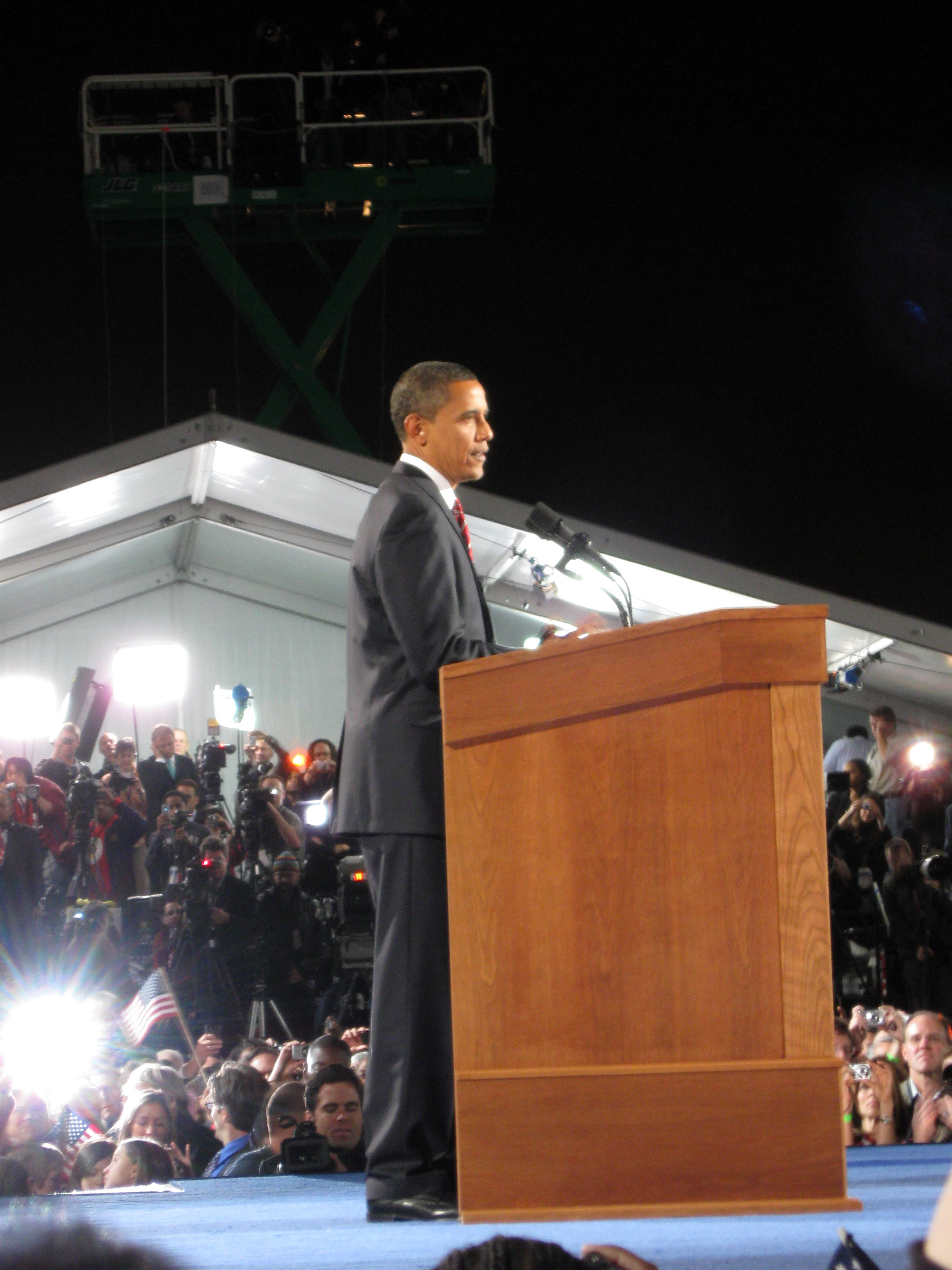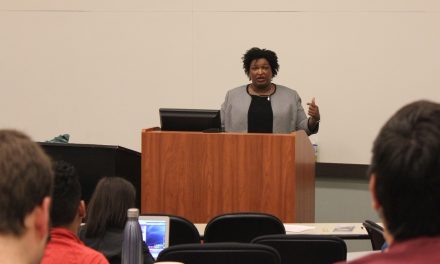By 11:20 p.m. on Tuesday, CNN – along with other major news organizations – projected President Obama to win the electoral vote, ending a long, expensive and bitter fight between the Republican and Democratic party.
Even while Florida’s votes were being counted, the close race was reflected in the candidates’ number of electoral votes: Obama received 303 electoral votes and Romney received 206. As vote count commenced, popular vote was split nearly evenly with Obama garnering 50 percent of the popular vote while Romney received 48 percent, according to a Nov. 7 New York Times article.
Obama won most of the toss-up states, which this year consisted of Colorado, Florida, New Hampshire, Iowa, Virginia, Ohio and Wisconsin. Romney narrowly won North Carolina and Arizona, while Obama narrowly carried Michigan, Minnesota, New Mexico, Pennsylvania and Nevada.
There weren’t many surprises regarding the results of each state; polls in during the remaining days leading up to the election translated directly into the votes of the states on Election Day.
Congress remained divided, with the Republicans retaining their control of the House with a 233 to 193 majority, although Democrats made a net gain of three seats during representative elections and Republicans made a net loss of three seats.
The Senate gained a 54:45 Democratic majority, with a net pickup of one Democratic seat and net loss of two Republican seats.
Several of the Senate races were projected to end extremely close, with toss-up states including Nevada, Massachusetts and Virginia; however, the closest race, Nevada, finished 45 percent to 46 percent for the Republican candidate, Dean Heller.
The other toss-up Senate races ended up having at least a two point margin between candidates.
The closest House elections were in California – the elections were close to the point that two are in the process of being decided, along with an election in Florida. In each race, the Democratic candidate is projected to win, but with the narrow margin, votes are being carefully counted.
Students indicated disappointment that the Congressional races were so close because that tension indicates a tough time for Obama in the upcoming years for trying to pass controversial legislation.
“In terms of the presidential and Senate races, I was very disappointed in that people that voted for their candidate but didn’t vote for [Congressional representatives] along those party lines,” College sophomore Calvin Li said. “Neither candidate was handed the Senate or House that they need.”
College sophomore Ashwin Mehta agreed. “I wish there was more equality [in Congress] so both sides could reach agreement, and there wouldn’t be all this bipartisanship,” he said.
Additionally, the 113th Congress has 20 female senators, which is the most female senators a Congress has ever had.
Joining the Congress as female senators are Republican Deb Fischer (Neb.) and Democrats Tammy Baldwin (Wis.), Heidi Heitkamp (N.D.), Mazie Hirono (Hawaii) and Elizabeth Warren (Mass.).
“I thought it was really awesome that there were a lot of women senators elected,” Mehta said. “It’s interesting to see how far women have come, considering they weren’t allowed to vote not that long ago, yet there are 20 in the Senate now. That’s really cool.”
Tammy Baldwin became the first openly gay Congresswoman to serve in the Wisconsin Congress.
Also decided in Tuesday’s elections were several controversial social initiatives, particularly gay marriage and legal recreational usage of marijuana.
Through ballot initiatives, gay marriage won a string of victories: in Maryland, Maine and Washington, same-sex marriage was legalized.
In Minnesota, voters rejected a ballot measure that would have solidified the state’s existing ban on same-sex marriage in the State Constitution, inadvertently allowing for more flexibility in terms of marriage.
Additionally, recreational usage of marijuana was legalized in Colorado and Washington.
In regard to social issues, Li felt like Tuesday’s elections indicated a leftward shift in social stances of the American people.
“America is moving more and more towards becoming a socially moderate nation,” he said. “If the GOP acknowledges that, it’s not going to bode well for them in future elections.”
After the election was called by several prominent news sites, the Romney campaign conceded accepted its fate. Both candidates called for an end to partisan gridlock and more cohesive party relations in Washington.
Romney’s concession speech from Boston included many thanks to his family and all his campaign supporters. Romney called for Americans to preserve the beliefs upon which America was founded and that earned him to the Republican nomination.
He denounced partisan conflict by declaring that America is at a point where “we can’t risk partisan bickering and political posturing.”
“Our leaders have to reach across the aisle to do the people’s work,” he said. “And we citizens also have to rise to the occasion.”
Obama’s victory speech, which called for Americans to believe in the progress made since he was elected to office and to continue to fight for jobs and economic recovery, reiterated the value of Americans working together and setting aside difference to achieve a more progressive country.
“We are greater than the sum of our individual ambitions, and we remain more than a collection of red states and blue states,” he said. “We are and forever will be the United States of America.”
– By Anusha Ravi
The Emory Wheel was founded in 1919 and is currently the only independent, student-run newspaper of Emory University. The Wheel publishes weekly on Wednesdays during the academic year, except during University holidays and scheduled publication intermissions.
The Wheel is financially and editorially independent from the University. All of its content is generated by the Wheel’s more than 100 student staff members and contributing writers, and its printing costs are covered by profits from self-generated advertising sales.






